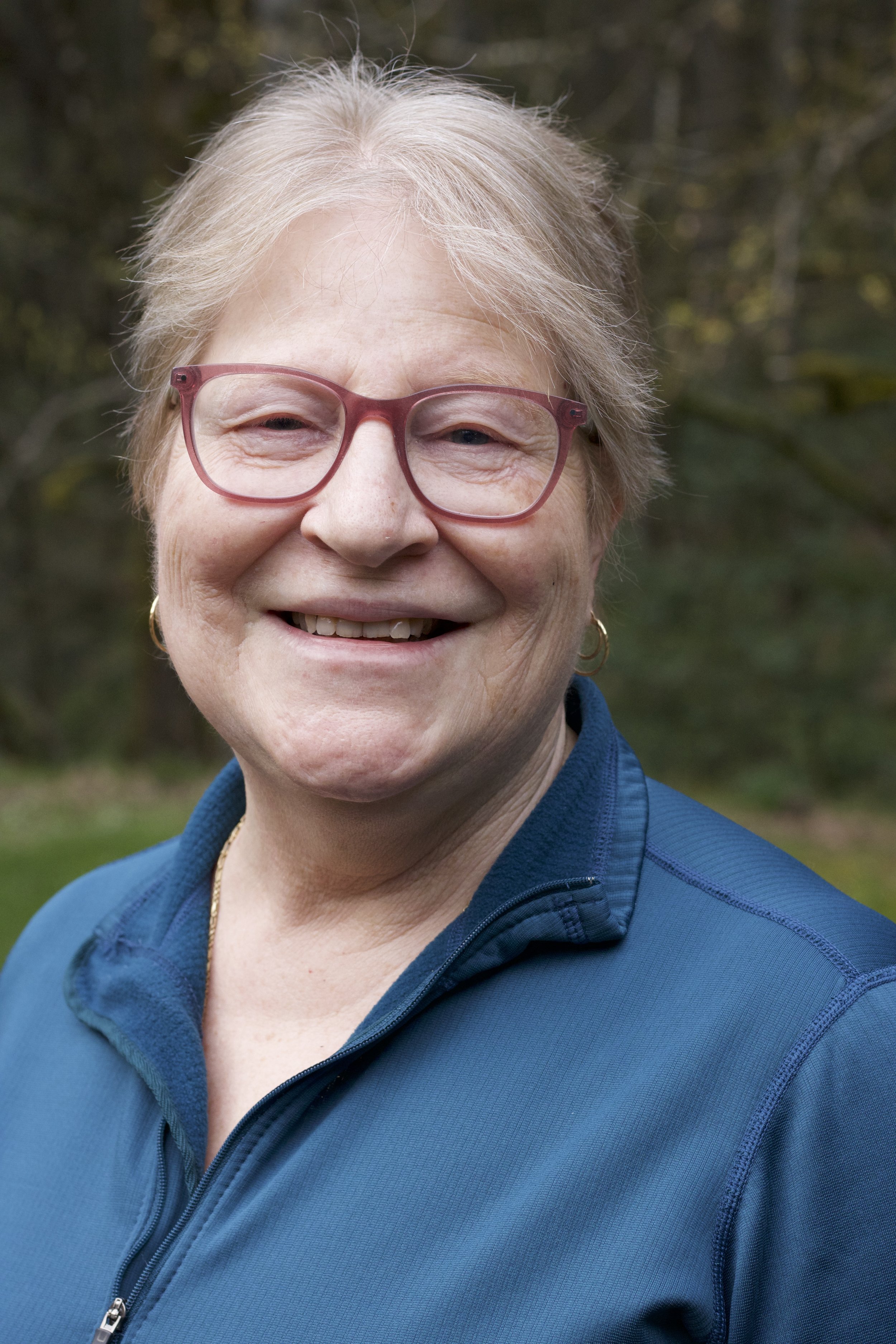IN THE COMPANY OF WOMEN: The story of Joanna
In Barbara Anderson’s debut novel, we follow the story of Joanna, who is mentioned in the gospels as a supporter of Jesus despite her affluent status as a member of Herod Agrippa’s court.
A woman of her time and culture, trained as a midwife, she dares to join Mary Magdalene and Susanna in acts of solidarity and sacrifice in order to follow Jesus and his message.
Artwork by Janet McKenzie
Luke 8:1
Accompanying him were the twelve and some women who had been cured of evil spirits and infirmities, Mary, called Magdalene, from whom seven demons had gone out, Joanna, the wife of Herod’s steward Chuza, Susanna, and many others who provided for them out of their resources.
soranus, AD, 2nd century
We call a person the best midwife if she is trained in all branches of therapy. She will be unperturbed and unafraid in danger. She will bring reassurance to her patients, and be SYMPATHETIC.
ABOUT BARB
Barbara Anderson is an author, teacher, and retreat leader living in Corvallis, Oregon.. After graduating from Gonzaga University she taught in Catholic schools and was the Pastoral Associate at St. Mary’s Church for 26 years. In 1994, she received her masters’ degree in Theology and has since studied Benedictine spirituality and the lives of the saints.
Currently she is the board president of the local St. Vincent de Paul chapter.
FAQs
-
Historically all we know of Joanna is that she was the wife of Herod’s steward Chuza. A king’s steward would have managerial control of all goods, services, and personnel connected with the palace. Consequently, the steward, and thus his wife, would be held in high esteem and would be regarded as very important members of society.
-
In my book I place Joanna as living in Herod Agrippa’s newly constructed palace in Tiberius, not far from the Sea of Galilee.
Tis book takes place during the last year of Jesus’ life around 33 A.D.
-
The duties and responsibilities of a midwife were much the same then, as now. The midwife’s primary concern was the health and safety of mother and child. Midwives provided prenatal care as well as assistance during the birth. Many midwives in ancient times were extremely knowledgable about the use of herbal medicines, tinctures, and salves.
REVIEWS
Barbara Anderson’s inspired novel is a marvelous gift for our times. As a true icon, though written words on paper rather than in paint on gesso and wood, it is lean and spare and beautiful. It leaves much to the reader’s own vision and imagination while clearly conveying the face of Jesus among his earliest followers. I found myself traveling in the company of these women, and highly recommend it to others.
ADRIANA HUYER, Oregon State University, emerita
In the Company of Women is the piercing clap of a Zen master startling me out of complacency. walking with a vividly imagined Joanna, I watch her endure hardship, make mistakes, and have changes of heart. Joanna’s journey constantly shakes me awake, for Anderson plants the familiar events, miracles, and parables of the Synoptic Gospels in an unfamiliar narrative, allowing me to sense both the desolations and hope of the early Christians.
RUTH RUSSO, Whitman College, emerita
This Jesus story brims with the perfume, customs, color, and taste of the first-century Palestine; it is peopled by Mary of Magdala, Susana, and divorced Joanna, a midwife who had no children. The action is sifted through her keen femininity, as it savors the sentiments of the individuals who once lost and now find themselves. It promises a sublime reading of the Gospels through the experiences of the women.
KONRAD SCHAEFER, OSB, Pontifical University of Mexico
Comparatively scant are the details in the Gospels of the everyday life that surrounded Jesus and the world in which he was immersed. Anderson uses her theologically educated and prayerful imagination to tease out the gripping narrative of what it might have been like to be among the women who went about in the company of Jesus. Doing so, she depends on the astonishment for the Christian believer ‘that the Word became flesh and pitched his tent amount us.’
JEREMY DRISCOLL, OSB, abbot of Mount Angel Abbey
Contact
barbandersonauthor@gmail.com
Corvallis, OR


